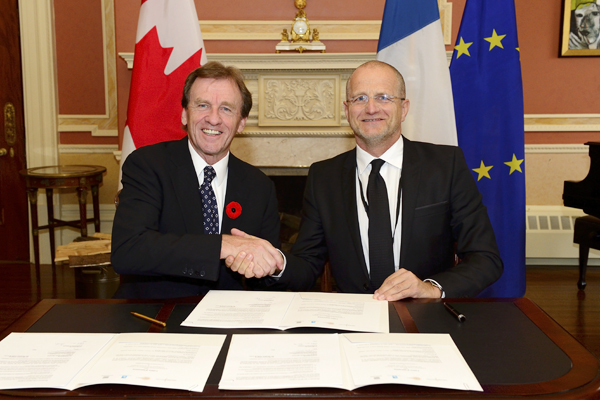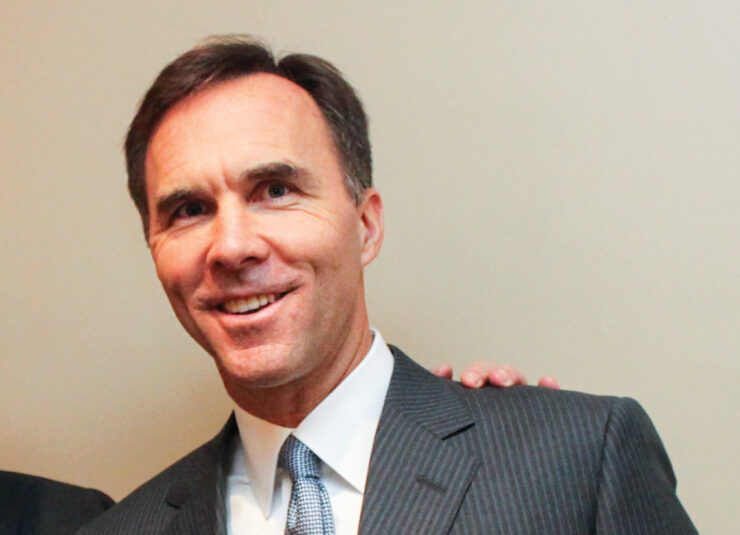The University of Ottawa is projecting a $4.8-million shortfall for the 2013–14 academic year. The Board of Governors (BOG) approved the new budget with a deficit despite a $54-million increase in financing.
“We are concerned that the deficit will be increasing in 2013–14,” said BOG member and former auditor general of Canada Denis Desautels.
He said the university’s costs, such as pensions and salaries, are increasing faster than the amount provided by the government for the basic budget. The concern is that recent deficits will become a trend.
“Obviously, we are being squeezed, and that’s causing a growing deficit,” he said.
Desautels also said that because the deficit for the 2012–13 academic year was approximately $1.5 million, merely one fifth of one per cent of the total spending for that year, it was quite small in relative terms so the budget was passed and is considered a near break-even.
There were, however, major increases in total salaries in all categories. The largest salary increase went to students employed by the university who received an 8.6 per cent bump in their pay, costing the university an estimated $72.8 million for the fiscal year. Academic salaries went up by 4.4 per cent and support staff saw their salaries increase by 5.8 per cent. The largest increase in any category was an 18 per cent increase at the employee benefit level from 2012–13.
The university also saw a decrease in student enrolment at the university from last year to this year, but over the past five years there has been an average of 3.6 per cent annual increase in student enrolment. The decrease is part of Allan Rock’s Vision 2020 as a way to improve the health of the university.
The university increased tuition costs by three per cent, but the provincial government also rolled back the university budget by one per cent, which increased the dependence on tuition to cover expenses by 2.3 per cent to a total of 43.7 per cent.
“We want to respect the objectives of Vision 2020,” Desautels said. “It is still our objective and we do not want to compensate those trends that are causing the deficit simply by increasing the number of students.”
Alternately, there was a 5.6 per cent increase in financial aid, which represents a $3.6-million commitment from the university. For the 2013–14 academic year, close to 12,000 students received an average of $1,850 in financial aid from the university and it is expected that this number will increase. Students took advantage of the 30 per cent tuition reimbursement, which they are eligible for if their parents make below a combined $160,000. Nearly 9,000 students saved a combined $15 million because of the program.





